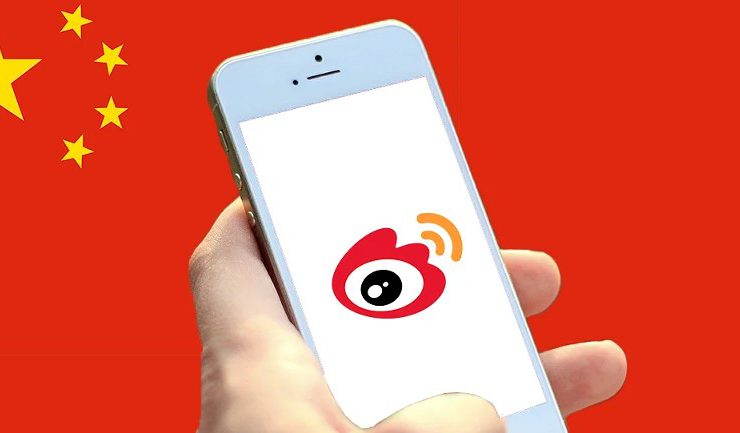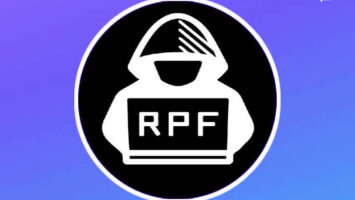- Weibo, a Chinese social networking site, launched its NFT marketplace on Thursday.
- The Twitter clone is unveiling an intriguing feature that allows users to manufacture and trade non-fungible tokens (NFTs) of their original tweets.
- Another limitation enforced by TopHolder is the prohibition of asset flipping by consumers.
Weibo, a Chinese social media platform debuted its NFT marketplace called TopHolder. The Twitter equivalent is launching a fascinating feature that allows users to mint and sell NFTs of their original tweets.
Users who are interested in using the new feature will have to undergo internal KYC checks, and if they are found to be guilty of plagiarism, they will face sanctions, according to the social media giant. However, no decision on how defaulters would be punished has been made.
The ban on asset flipping by users is another restriction imposed by TopHolder. Instead, after a 180-day holding period, it encourages unfettered transfers.
Due to state-backed media warnings against the NFT frenzy, Chinese NFT markets have recently resorted to adopting self-regulatory standards on their platforms.
Following an increase in financial crimes disguised as metaverse, NFT, and cryptocurrency initiatives, China’s Supreme People’s Procuratorate has issued a warning that financial crimes such as illicit fundraising and money laundering would be punished with “serious punishment.”
As a result, Chinese internet titans pledged to eliminate speculation on their NFT marketplaces, with AntChain, in particular, implementing a 180-day transfer lock on its platform and Tencent banning secondary transfers entirely.
Tencent has recently changed the name of its NFT features to “digital collectibles,” following criticism from numerous Chinese official media outlets.
Despite public cautions against NFT speculation, NFTs and the metaverse are not prohibited in China, unlike cryptocurrencies, which have been the subject of intensive scrutiny and restrictions.










Comments (No)